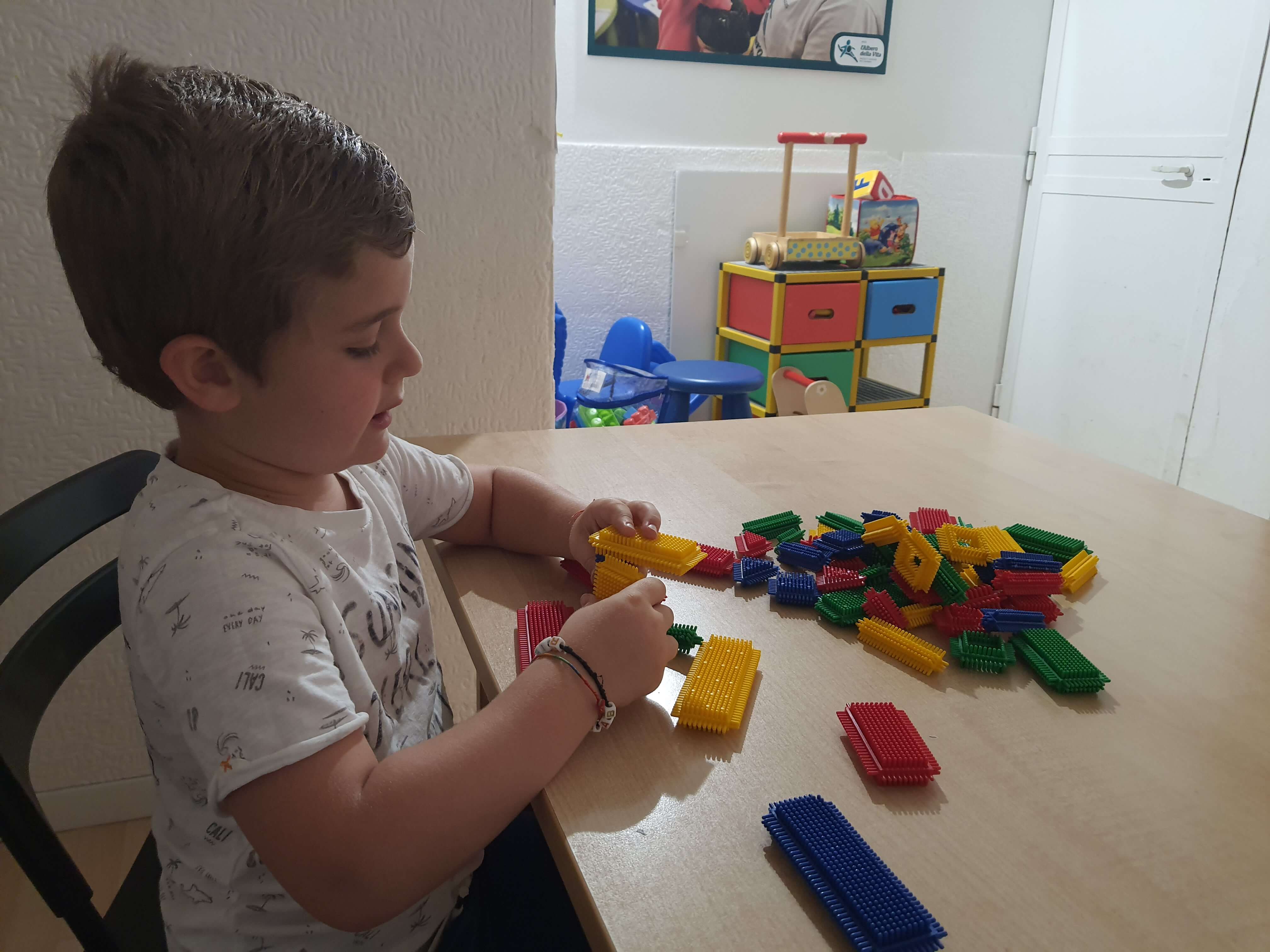
A few days ago, as Ambassadors of The Human Safety Net, we met Maria Francesca Dalia and Erika De Nadai, from the Fondazione L'Albero della Vita - one of the three non-profit partners of the Ora di Futuro/The Human Safety Net programme. Hearing them tell us about their work with this organisation really gave us a positive boost and made us feel first-hand how great their commitment is!
L'Albero della Vita, active since 1997, is committed in Italy and internationally to ensuring the well-being, protection, promotion of rights and development of children, their families and communities.
Ensuring well-being means creating opportunities for a dignified, full and rewarding life, protecting and promoting rights, improving the family, school and community life context, and promoting the development of children - from birth to adulthood -, their families and communities. It is therefore essential to work for and with the whole family: parents and children, together.
L'Albero della Vita is active in Italy with 6 centres distributed throughout the country, mostly in peripheral areas and in contexts of more or less marked social hardship in the cities of Milan, Palermo, Genoa, Perugia, Naples and Catanzaro. We were immediately intrigued to see how these centres were organised: they are adapted flats or offices, but what really counts is the welcoming atmosphere created by the children's drawings on the walls, their crafts on the shelves and the sound of the children's voices. Often when parents come to the centres they say it is like entering an 'oasis of peace' where they can seek refuge from the outside environment.
We were very curious to understand how a typical day in the centres works.
Mornings are generally spent with the children in the summer and - for those of pre-school age - telling them stories or organising workshops in which they can express their creativity, perhaps by creating crafts to take home to show their parents, brothers and sisters. For them it is so surprising to have created something so precious that they ask "Can I really take it home?".
Afternoons are devoted to support with schoolwork and play activities for the children, but also to talks and workshops with adults. Volunteers provide parents with useful information about childcare, such as healthy and affordable nutrition, or basic information about community services, such as health care (for example, there are pregnant women who have never had a gynaecological check-up); at other times, parents are helped to enter the world of work by teaching them how to write emails. Parents are also helped to enter the world of work by teaching them how to write emails.
They told us that people often think that they have nothing to write on their CV and that when the page fills up, they become more confident in themselves and their possibilities.
The educators told us that sometimes they organise small birthday parties for the children. Parents often do not have the time or the means to do this, and having a party all to themselves, being the centre of attention of other children singing the birthday song, makes the children immensely happy.
Sometimes, very little is needed and everything becomes magical!
